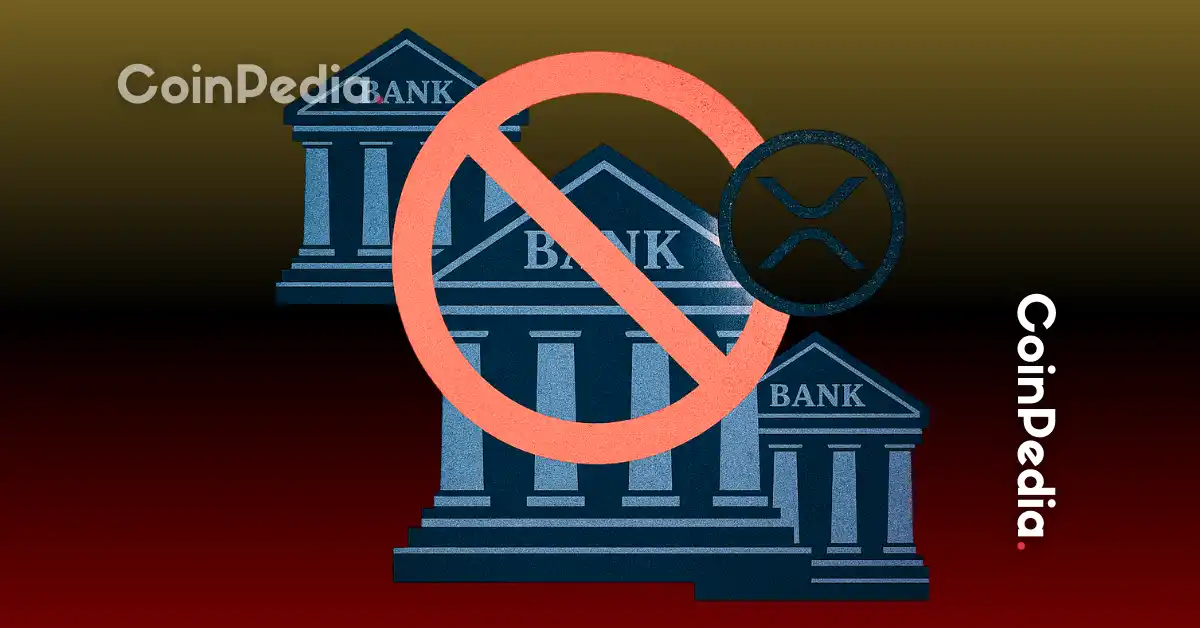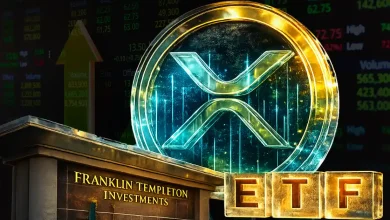
SWIFT Questions Ripple’s Trust Factor: SWIFT CIO Tom Zschach says banks hesitate to adopt XRP due to governance, regulation, and settlement concerns.
Ripple vs SWIFT Battle Continues: Despite Ripple’s tech advances, SWIFT’s neutral governance and investor trust keep it ahead in global payments.
Ripple and SWIFT’s battle for dominance is once again making rounds as the Chief Innovation Officer (CIO) of SWIFT, Tom Zschach, made a comment about XRP. He explained why it is hard for businesses to trust Ripple despite the SEC lawsuit dismissal.
Why Are Businesses Unlikely To Trust Ripple?
An exchange began on LinkedIn, where a user was seen praising Ripple’s regulatory endurance. But Zschach countered by saying surviving lawsuits isn’t resilience; it is rather about neutral and shared governance.
He then pointed out that institutions will only adopt the system if the infrastructure is seen as fair, jointly managed, and supported by legal enforcement, and not because the seller has survived regulatory challenges.
Zschach also raised concerns about whether banks will actually be comfortable with using XRP, since it is not regulated money, and it’s not on the bank’s balance sheets. He then concluded that there is virtually no legal enforceability, and final settlement is not guaranteed if there is some sort of disruption
He questioned, “If tokenized deposits and regulated stablecoins scale, why would banks pay a toll to an external asset when they can settle directly in instruments they already control and trust?”
SWIFT vs Ripple: Who’s Winning?
With innovative technologies like XRP ledger and RippleNet, Ripple has developed faster and more feasible cross-border transaction services, while SWIFT is leading with improved GPI tracking in transparency.
SWIFT is paving the way with neutral governance and has more than 50 years of investor trust. But in that sector, Ripple is still evolving and has mixed reactions from the investors, over Ripple’s control concerns.
Both organizations took some courageous steps recently to expand the platform. Ripple initiated to expand beyond XRP and acquire Rail for $200 million. It also applied for a US national bank charter. At the same time, SWIFT is actively testing XRP Ledger and Hedera to assess whether public blockchains can complement its global messaging network.
Thus, Ripple may outpace SWIFT in the blockchain system, but the latter holds an evolving platform with customer trust.
Never Miss a Beat in the Crypto World!
Stay ahead with breaking news, expert analysis, and real-time updates on the latest trends in Bitcoin, altcoins, DeFi, NFTs, and more.
FAQs
Banks are hesitant because XRP is not regulated money, isn’t on their balance sheets, and lacks legal enforceability for settlements.
SWIFT operates with neutral and shared governance, whereas Ripple’s is still evolving and raises concerns about centralized control.
Not entirely. While the lawsuit’s end helped, skepticism remains over governance, the use of an external asset (XRP), and a lack of final settlement guarantees.
Trust with CoinPedia:
CoinPedia has been delivering accurate and timely cryptocurrency and blockchain updates since 2017. All content is created by our expert panel of analysts and journalists, following strict Editorial Guidelines based on E-E-A-T (Experience, Expertise, Authoritativeness, Trustworthiness). Every article is fact-checked against reputable sources to ensure accuracy, transparency, and reliability. Our review policy guarantees unbiased evaluations when recommending exchanges, platforms, or tools. We strive to provide timely updates about everything crypto & blockchain, right from startups to industry majors.
Investment Disclaimer:
All opinions and insights shared represent the author's own views on current market conditions. Please do your own research before making investment decisions. Neither the writer nor the publication assumes responsibility for your financial choices.
Sponsored and Advertisements:
Sponsored content and affiliate links may appear on our site. Advertisements are marked clearly, and our editorial content remains entirely independent from our ad partners.







